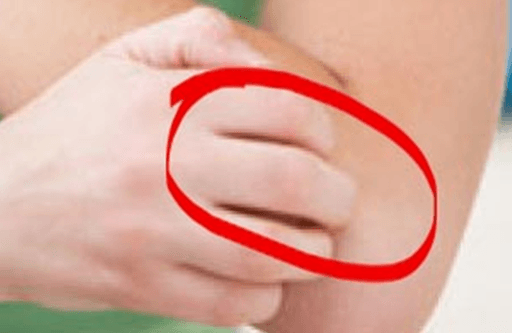Vitamin C Deficiency On The Carnivore Diet? Watch This! 👉
Many people worry about the potential for vitamin C deficiency, specifically scurvy, when following a carnivore diet that excludes plant-based foods entirely.
There are individuals who have adhered to a carnivore diet for over a decade, avoiding any consumption of plant foods. Remarkably, these people have not developed scurvy or any significant vitamin deficiencies without relying on dietary supplements.
“They don’t take supplements and they have not developed scurvy or any other vitamin deficiency.”
While the exact reason for this seemingly paradoxical phenomenon remains unclear, there are considerations that might help explain it.
In fact, liver goes beyond merely providing nutrients identical to those in plants; it might effectively counter deficiencies typically expected in strict carnivorous diets.
It is crucial to integrate some kind of liver— _be it cod, chicken, or beef_— into one's carnivore meal plan right from the start. This inclusion is emphasized as a critical aspect of maintaining optimal nutrient levels without plant sources.
By understanding the significant nutritional benefits liver offers, individuals can ensure a rounded carnivore diet capable of meeting their essential vitamin needs.
From Around The Web
Wellness Inbox is a blog & weekly newsletter that curates trending news and products related to health and wellness from around the web. We also gather content from various sources, including leading health professionals, and deliver it directly to you.
Please note that we may receive compensation if you purchase any products featured in our newsletter. Wellness Inbox is not affiliated with, nor does it endorse, any health professionals whose content may appear in our newsletter. The information provided is for general informational purposes only and should not be considered medical advice.
The information provided is not intended to replace professional medical advice, diagnosis, or treatment. All content, including text, graphics, images, and information available is for general informational purposes only. We do not guarantee the accuracy or completeness of any information presented and assume no liability for any errors or omissions. The content is subject to change without notice. We encourage you to verify any information with other reliable sources and consult your physician regarding any medical conditions or treatments.







